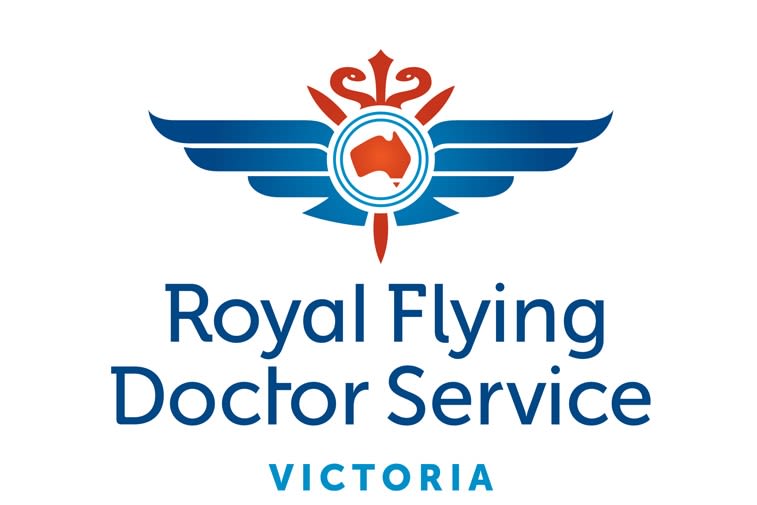The power of an unwavering patience
Thanks to her patience, resilience and knowledge of a second language, MPC team member Gina was able to help an elderly patient overcome a deep fear.
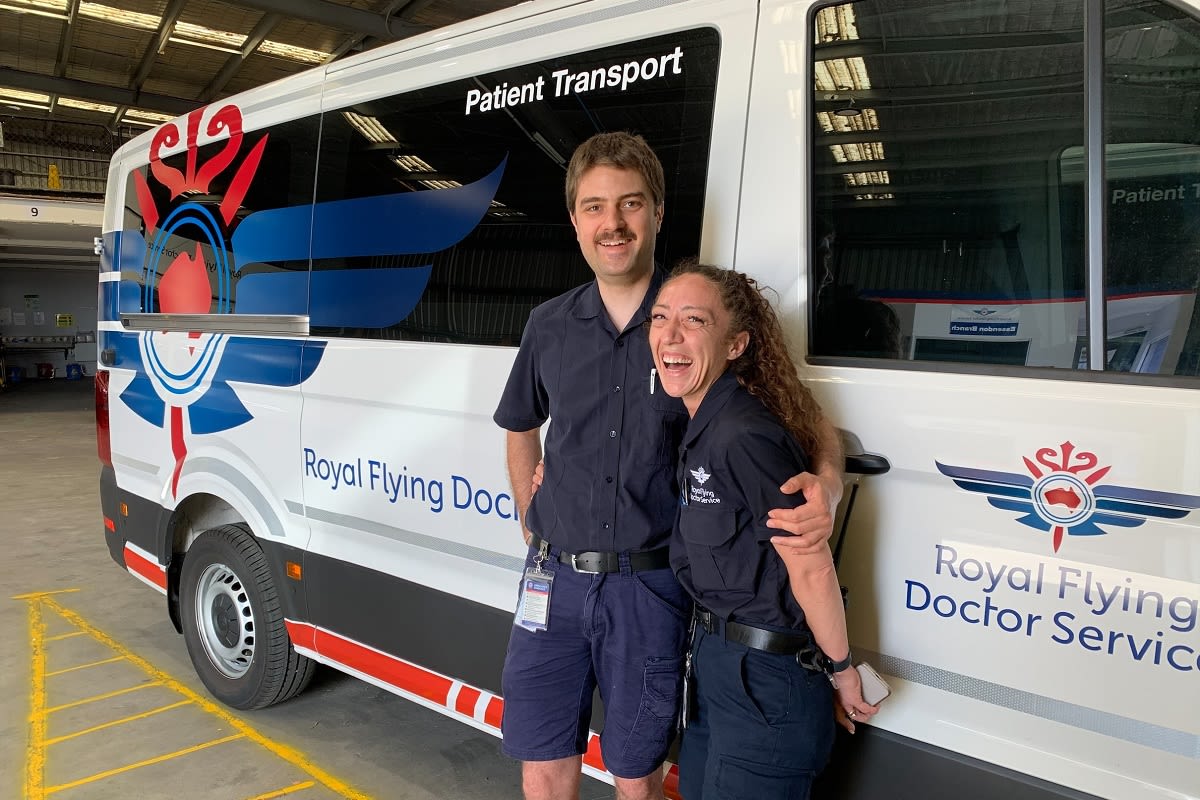
As every staff member of the Flying Doctor’s Mobile Patient Care (MPC) service knows, each and every shift presents its own joys and challenges.
Some days, you’ll be travelling to new and interesting parts of Victoria; other days, you’ll be working in extreme heat in full PPE. In some cases, you’ll be introduced to fascinating characters with stories to share; in others, you’ll be met with indifference, resistance and potentially hostility.
But, as MPC team members Gina and Jiddo will tell you, sometimes, the biggest joys actually lie within the biggest challenges.
I
When communication is key

Recently, Gina and Jiddo were sent to a job at an aged cage facility, where an 88 year old man needed to be transported to a nearby hospital. The patient was COVID-19 positive, and while he was asymptomatic, it was critical that he be taken to hospital for both his safety and the safety of other elderly residents and the staff at the facility.
What should have been a routine transport was complicated by the patient’s stark unwillingness to leave his room. The patient, who was Italian, spoke very limited English, and had a history of being uncooperative and occasionally aggressive. The day before Gina and Jiddo arrived, the patient had refused to accompany a different transport crew to hospital, and they had been forced to leave after he became aggressive towards both them and the facility’s own staff.
By complete coincidence, Gina is fluent in Italian, and so when she and Jiddo arrived on the scene, they decided to play things a little differently.
“We took the long and diplomatic approach of building a really good rapport with him,” says Jiddo.
When Gina and Jiddo first entered the patient’s room, they were greeted by a distinct lack of interest, with the patient completely ignoring them.
“So I started speaking in Italian,” says Gina. “And at first, he really wasn't opening up at all. It was kind of like, ‘Nup, I'm still not interested’.”
However, patiently and pragmatically, Gina continued to speak in Italian, determined to address all of the patient’s concerns in his own language.
“We explained to him that we need to take him to a hospital, and he's like, ‘No, I'm perfectly fine, I’m not going anywhere’. And he actually kind of pushed his trolley towards me, sort of saying, ‘Get out before I slam this into you.
“But that was fine. You know, patients with dementia, old age, I get it, no problem. I had a look around the room, noticed some younger pictures of him and some pictures of other people, and asked him about those.”
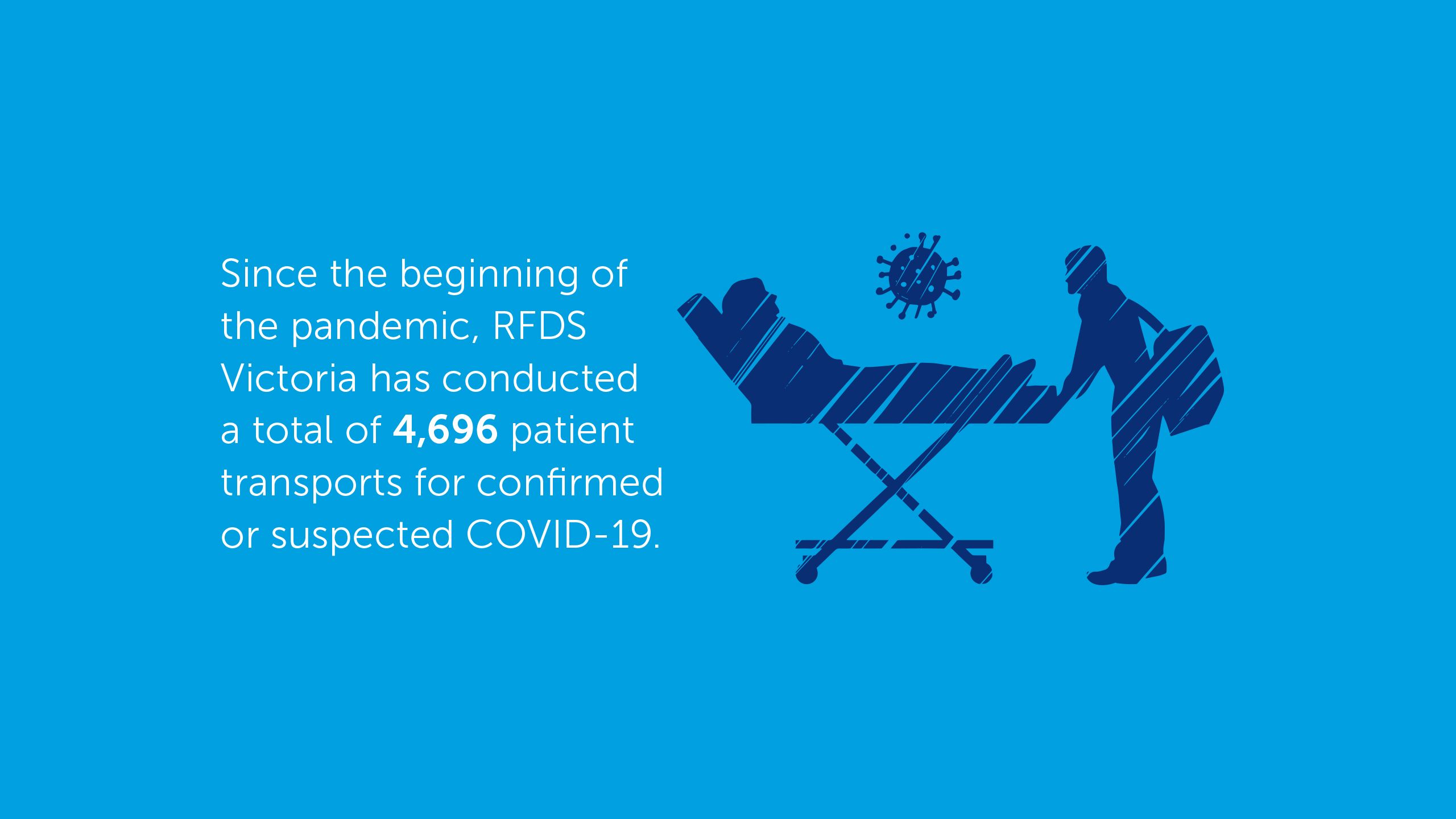
*Figure as of 20 December 2021.
*Figure as of 20 December 2021.
Slowly but surely, the patient started to open up. “We just started talking about his family and his life in Italy, and where he came from and what he did in Italy, what he did for work. And then he went on to say that he's been at the nursing home for close to 20 years, and he doesn't want to go anywhere.”
From here, he started asking questions about the transport.
“Is it the hospital down the road?” No, we’re taking you to the new hospital.
“Do I have to pay anything?” No, it’s completely free.
“Do I have to get an MRI?” No, you’re not going in that machine. They're not going do any active treatment, they're just going to keep an eye on you.
Finally, after an hour and a half of Gina and the patient conversing in Italian, he consented to being transported to hospital, and Gina and Jiddo were able to get the patient onto a stretcher, into the vehicle and on the road to the hospital.
“We were in full PPE for that whole time,” says Gina. “It was quite tough, but I really wasn't thinking of myself being hot or uncomfortable. I was willing to put up with that. And even if it took that bit longer for him to comply – I think his previous experience at another hospital had kind of worried him, and he was scared.
“I made the decision that I was going to sit there and just wait it out. You know, the closer that I was getting, I thought, ‘Okay, I'm getting somewhere. I'm not going to give up on this man’.”
While they did get the patient’s son on the phone briefly, Jiddo is adamant that it was Gina who finally got through to him.
“I reckon if it wasn't for Gina’s Italian, he still would have said, ‘No, I'm not going with you’. Because she'd sat there for an hour and a half talking to him in Italian, and sat in the back of the truck and talked to him and held his hand, he was completely cooperative with us in the end. Although it was a long time to spend in PPE, Gina’s approach to this patient exemplifies her commitment to patient care.”
In Jiddo’s view, Gina’s unwavering patience and calm and reassuring manner, coupled with her knowledge of a second language, were key to a successful resolution in this job.
“I feel like you can really see the change in a patient, especially in an elderly patient who's a little bit hesitant, when you come to them in their own language. You can really see it on their face. This guy held no prisoners! Even when Gina started in Italian, you could see it in his face, ‘Two lines of Italian does not impress me, missy!’
“But then she kept going. And then his attitude changed. It actually took a while. With most patients, you say something to them in their first language, and you can see them instantly warm up,” Jiddo says, before adding with a laugh, “This patient just took a paragraph instead of a sentence!”

II
A career to take pride in
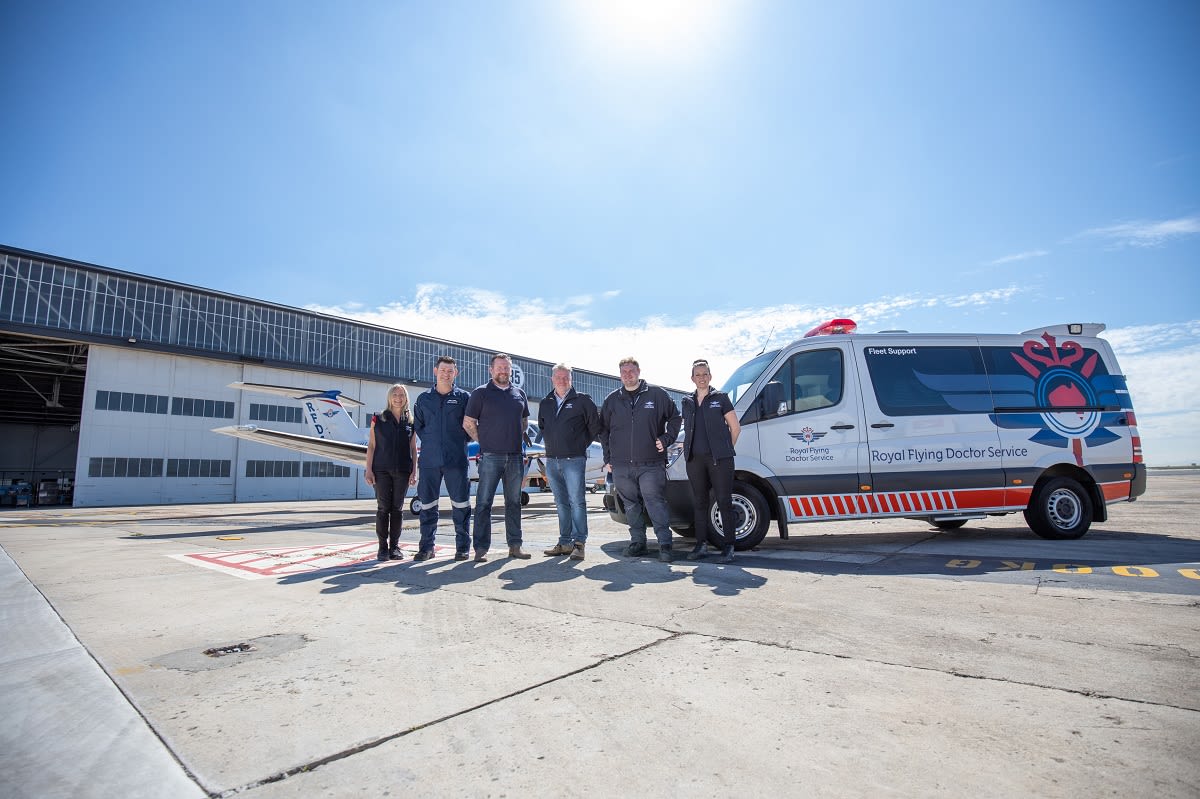
This wasn’t the first time that Gina has arrived at a job to discover that the patient only speaks Italian.
“It's actually happened quite a fair bit! And I actually feel quite honoured.”
She recalls one particular example where she was on a transport with another elderly Italian man who didn’t speak much English. The man’s daughters had been so relieved that someone was with their dad who could speak to him, comfort him and understand what he was saying.
In fact, Gina has found that her ability to speak Italian has also come in handy when transporting Spanish and Argentinian patients who also speak and understand Italian better than English.
“I really do feel that me speaking Italian has helped with a lot of jobs that I've gone to. Like I said, I feel honoured. I'm so glad that I do have that second language behind me, because it just means I can be so much more helpful to those that can speak Italian and are comfortable with that. It means a lot to me.”
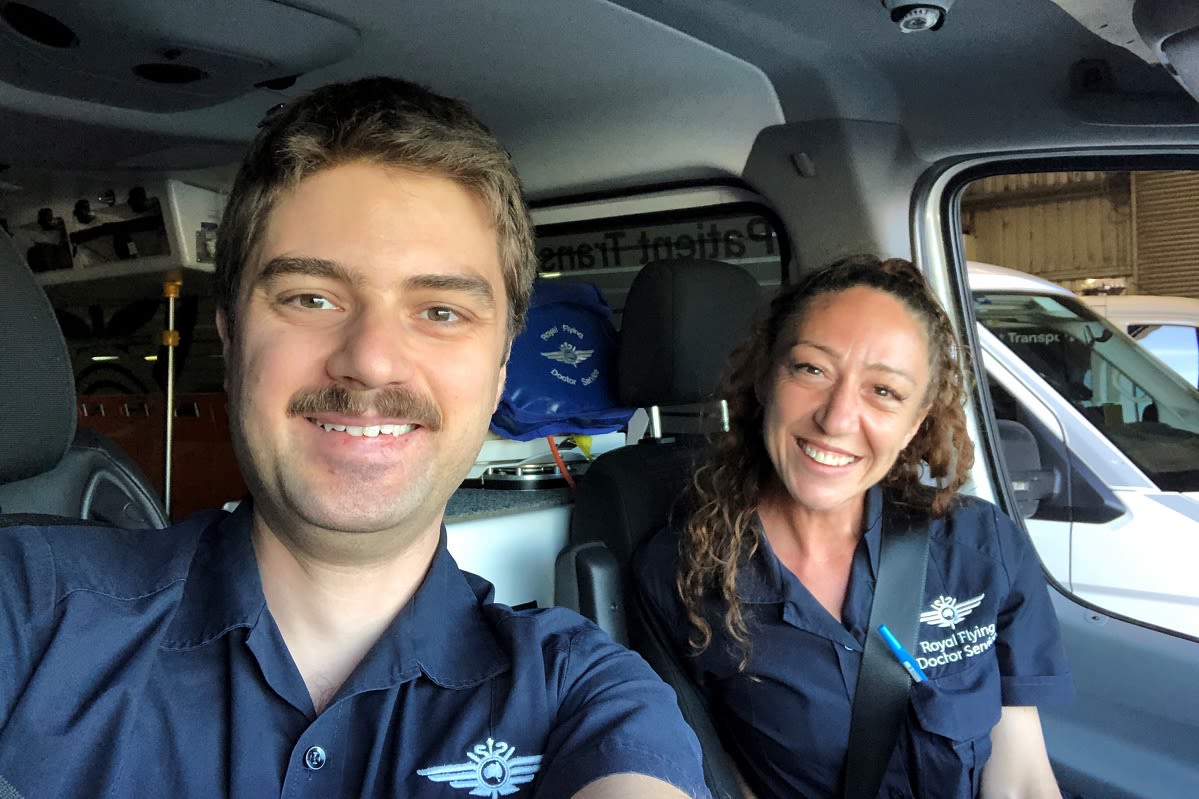
Jiddo and Gina
Jiddo and Gina
For Gina, the most important part of her job – and her favourite part – is helping patients to feel comfortable in her care.
“Being there for someone in their time of need [is the best part of the job]. If I can put a smile on their face or just have a chat, let them know that I’m someone who cares and someone who’s going to listen. That’s my end goal, that [the patient is] comfortable, and feels they're in safe hands in my care.”
While relatively new to the Flying Doctor’s MPC service, Gina feels adamant that she has found her dream job, where she can make a real difference in people’s lives – something she has already proven time and again.
“I want to retire here, this is where I want to be,” says Gina. “This is the best thing that's probably ever happened to me. I don't want to go anywhere else.”

To find out more about Mobile Patient Care in Victoria, head to our website.

